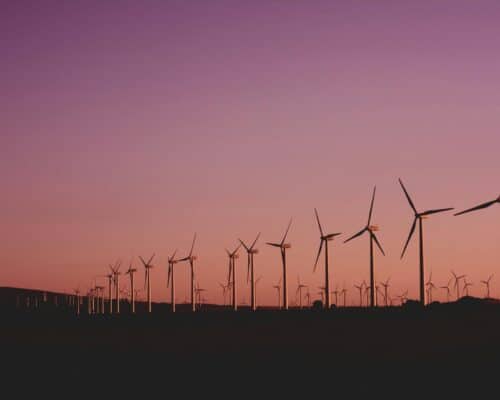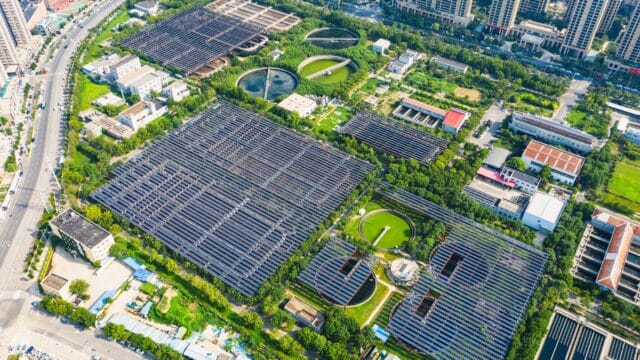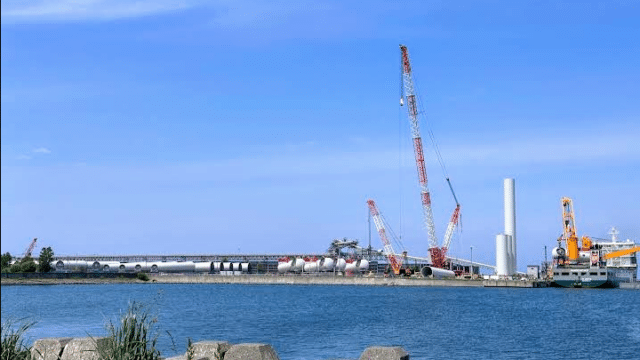Articles
Malaysia Nears Its 40% Renewable Energy Target by 2035
Malaysia has solid renewable energy market fundamentals, low investment risks for project investors and an abundance of untapped clean resources. Capitalising on them requires the introduction of favourable policies to attract green capital and ease project developers.

Heavy Industry Companies in China and India Are Lagging On the Just Energy Transition
The latest rankings of Heavy Industry Companies from the nonprofit World Benchmarking Alliance show that companies in Asia’s two largest countries and greenhouse gas emitters, China and India, are failing to implement clean energy and ethical standards compared to their counterparts across the region and the world.

100% Renewable Energy Adoption is Possible For Taiwan’s ICT Companies
In June, Greenpeace, in collaboration with the Research Centre for Sustainable Hong Kong, released a cost-benefit analysis supporting the assertion that an accelerated transition to 100% renewable energy would bring economic and environmental advantages to 13 major electronics manufacturers in East Asia. The insights are particularly relevant for Taiwanese companies, key players in the high-tech electronics sector in Asia, whose renewable energy efforts have trailed their rivals.

Innolux and AUO Should Follow Apple and Sony
Global electronics brands like Apple and Sony have taken the reins of decarbonisation. They are proactively curbing GHG emissions from their operations and energy use and have also committed to reducing emissions from their supply chains. Others, including Taiwanese electronics components makers Innolux and AUO, are lagging.

Energy Storage Systems and Grid Investments Crucial For Enabling Renewables Integration in Asia
Clean energy technology innovations are continuously breaking records but to capitalise on them and unlock the gains of the clean energy transition, it is essential to accelerate the investments in grid flexibility and storage.
The Illusion of Progress: Dissecting ASEAN’s 35% Renewable Energy Target by 2025
ASEAN's target is insufficient to meet Southeast Asia's climate goals. To stay within a 1.5°C pathway, the region must adopt more ambitious renewable energy policies, focusing on the rapid scaling of solar and wind, drawing from Vietnam’s example.

Taiwan’s Tech Companies Can Lead The Energy Transition
Taiwan’s tech companies are struggling to decarbonise. But the opportunity to lead the island nation’s...
2024 Trends in the Asian Solar Market: Growth and Opportunities
With China's global leadership in clean power deployment and technological innovation and Vietnam's solar market experience, Asia has the blueprint to champion the green energy transition. Will the region grab the opportunity?
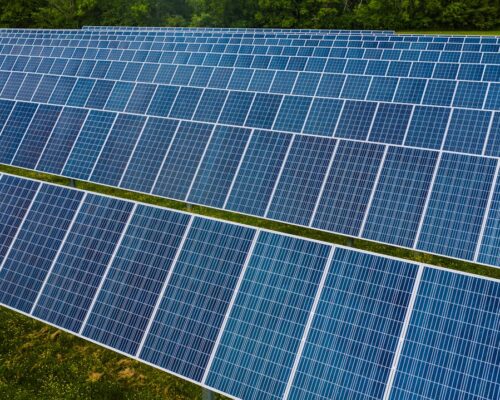
Clean Energy Investment in 2024 Twice Amount for Fossil Fuels: IEA
The IEA’s World Energy Investment 2024 reveals that while clean energy spending is at record levels, the investments still fall short of what is required for a 1.5°C-aligned world. The agency also highlights stark market contrasts and calls for more ambitious policy measures to bridge the financing gap.

G20 Summit 2024: Agenda and Promising Early Signs
The G20 Summit 2024 agenda promises to focus on advancing climate crisis solutions and the clean energy transition, addressing social inclusion, poverty and hunger, scaling up green capital for developing countries, reforming MDBs and discussing taxation on billionaires.
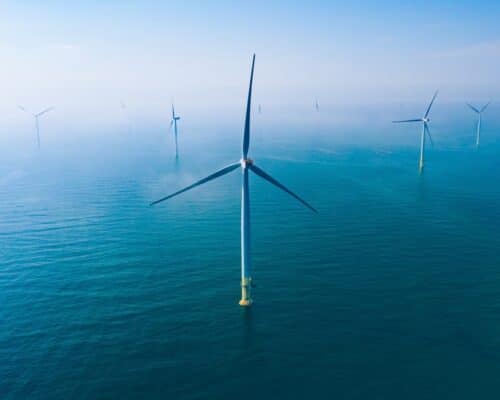
S. Korea’s Offshore Wind Potential and Getting Locals Onside – Podcast
Energy Insights speaks with Mark Hutchinson, the director and chair of the Southeast Asia Task Force at the Global Wind Energy Council (GWEC).
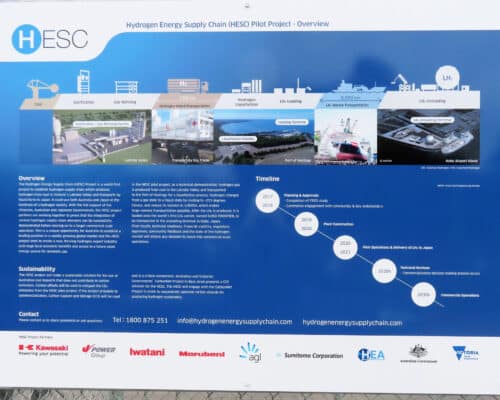
Is Australia’s Brown Hydrogen Export Project Destined to Fail? [Op-Ed]
The HESC project, led by an industry consortium, seeks to annually produce 40,000 tonnes of hydrogen from brown coal by 2030 for export to Japan. Can the project surmount the key challenges hindering hydrogen exports? Paul Martin shares his views.
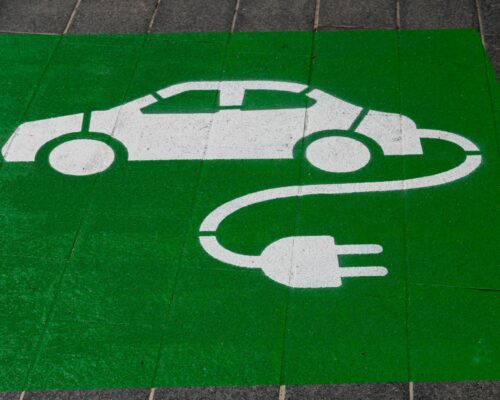
How to Decarbonise Transport: A Challenging But Realistic Mission
Decarbonising the transport sector will be challenging, especially in the air and maritime segments. However, progress in road transport shows that bringing technical, commercial and scalability barriers is possible if there is strong policy support.
Most Popular
Most Popular
Categories
-
10
-
34
-
126
-
4
-
17
-
46
-
52
-
11
-
10
-
15
-
24
-
6
-
5
-
1
-
6
-
283
-
200
-
17
-
24
-
1
-
1
-
23
-
41
-
44
-
88
-
18
-
86
-
41
-
17
-
11
-
43
-
54
-
86
-
299
-
22
-
44
-
36
-
11
-
42
-
36
